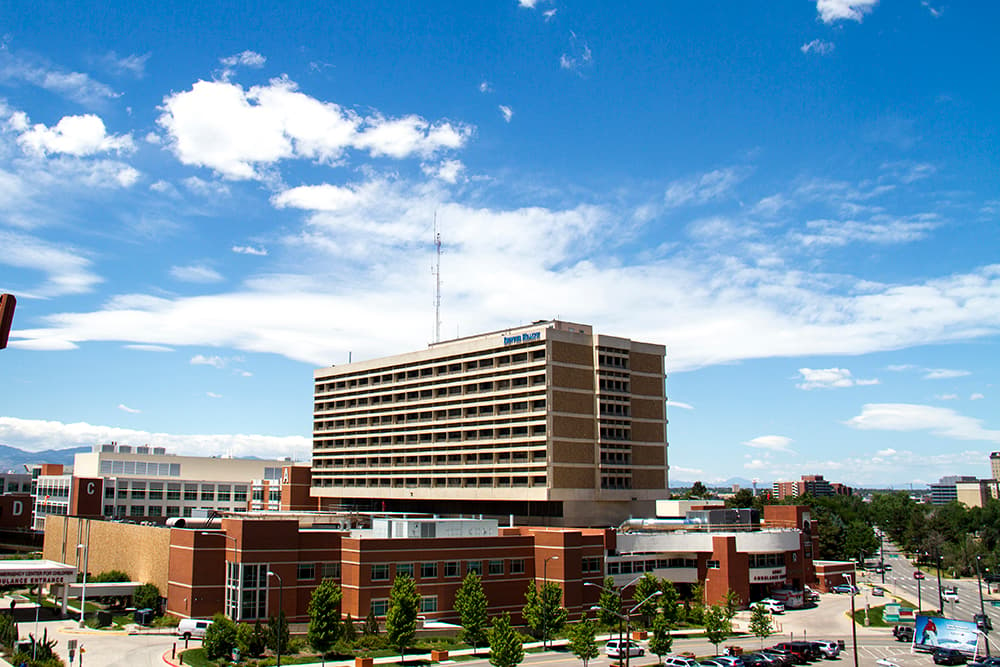
As Republicans threaten repeal of the Affordable Care Act, the city's "safety net" hospital has largely suspended a plan to build clinics in Denver neighborhoods with poor access to health care.
In all, Denver Health has postponed $73.7 million of construction projects for low-income areas, including two community health clinics and a remodel of one clinic.
"We have no idea what is going to be decided by the federal government, so we have to be proactive," said hospital spokeswoman Kelli Christensen.
The new centers were to be modeled on the success of the $26.9 million Federico F. Peña Southwest Family Health Center, which brought family and internal medicine, women's health services, a dental clinic, behavioral health, a pharmacy and more to South Federal Boulevard when it opened last year.
Denver Health hadn't yet decided where the postponed clinics were to be built.
"We were working to identify other areas of Denver that might be underserved by health care," she said. "If you look at Southwest Denver, there weren’t many health care options available."
The hospital still hopes to proceed with one new clinic out of the three originally planned, and one remodel out of the two originally planned.
Hospitals have come out in force against the Republicans' American Health Care Act, including the American Hospital Association.
One major concern is that it will roll back President Barack Obama's expansion of Medicaid. The expansion already has allowed more than 11 million people to join the federal health-care program in 31 states, Vox reported.
Before the Affordable Care Act, about 27 percent of Denver Health's patients were uninsured. Today, the figure is 13 percent, with the change due in large part to an increase in Medicaid availability, according to Christensen.
Because those people have insurance, they're able to afford more preventative, regular health services from providers such as Denver Health. When people don't have health insurance, their health issues often balloon into crises that are treated in the emergency room instead of the doctor's office. Hospitals are obligated to provide emergency treatment -- which is more costly than preventative care and provides little money for the hospital itself, as the recipients often are uninsured.
"We went from zero reimbursement to some reimbursement," Christen said.
So, in short, fewer insured poor people means fewer people who can afford basic health services. Fewer customers means hospitals have less money to expand those services.
"We anticipate, if changes go through as proposed that beginning in 2020 we’re going to see a decrease in revenue of about $50 million to $85 million," she said. (More on that here.)
Denver Health is not the only hospital recalibrating its plans.
Reuters, which first reported the postponements, detailed the broader trend in a report today.
It's unclear when Denver Health will decide the fate of these postponed projects. And, of course, the feds aren't the only thing that hospitals are warned about. A more immediate concern is the fate of the hospital provider fee. In an effort to balance the budget, Governor John Hickenlooper has proposed reducing the amount of money that a rather complicated system ends up delivering to hospitals in Colorado.
The Republican replacement plan, the Affordable Health Care Act, goes to a vote in the U.S. House of Representatives today. Stay tuned to Denverite for updates on how our representatives vote. (If you sign up for our newsletter, we'll email you about it.)
As President Donald Trump said: "Nobody knew health care could be so complicated."












